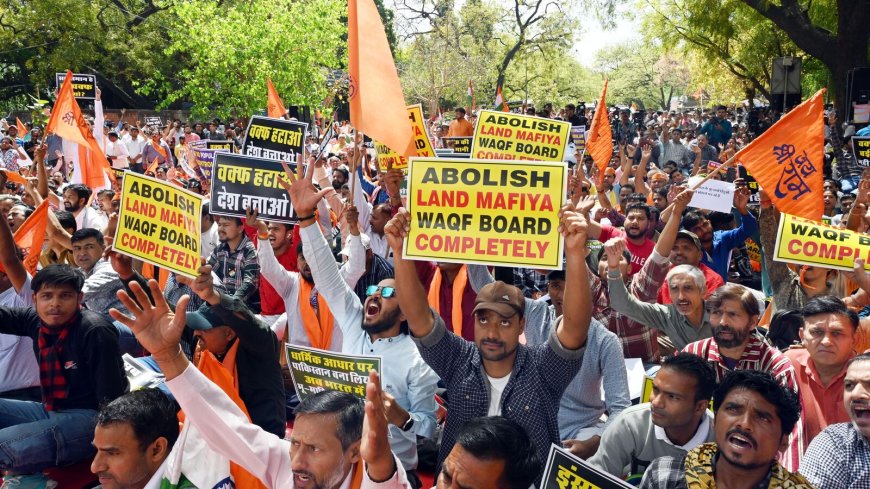Waqf Amendment Bill: Catholic bishops seek ‘permanent resolution’ for land disputes amid Munambam row
The Waqf issue has come to prominence in Kerala after the Munambam land row emerged last year with residents starting an open protest against the Waqf board's claim over the 400-acre land in Ernakulam district.

Waqf Amendment Bill: Catholic Bishops Seek ‘Permanent Resolution’ for Land Disputes Amid Munambam Row
In a significant development, the ongoing discussions surrounding the Waqf Amendment Bill have taken center stage, especially as Catholic bishops express their demand for a ‘permanent resolution’ concerning land disputes. This plea comes in light of the controversial Munambam row, which has seen escalating tensions and calls for clarity on rights related to religious land management.
Understanding the Waqf Amendment Bill
The Waqf Amendment Bill aims to reform how properties held under Waqf (charitable endowments in Islam) are administered. Key provisions of the bill focus on enhancing accountability, improving governance, and ensuring that land disputes are resolved amicably. With the growing complexities surrounding land ownership and management, the bill is seen as a necessary step to safeguard religious and community interests.
The Munambam Row Explained
The Munambam row has emerged as a flashpoint for discussions on land rights. It involves disputes over land that is of religious significance to local communities, posing essential questions about ownership and usage. The Catholic bishops have voiced their concerns, emphasizing that a resolution is crucial not only for peace among communities but also for preserving the sanctity of religious spaces. Their appeal for a permanent solution reflects a deeper quest for justice and recognition of historical grievances.
Call for Dialogue and Mediation
In light of these developments, the Catholic bishops have called for open dialogue and mediation between the involved parties. They believe that constructive discussions could pave the way for collaborative solutions that respect all communities' rights and religious sentiments. This approach aligns with the principles of coexistence and mutual respect that are foundational to India’s diverse society.
Implications for Religious Organizations
The repercussions of the Waqf Amendment Bill and the Munambam row extend beyond immediate land disputes. They influence the broader landscape of religious organization governance in India. The bill's passage could set precedents affecting how various religious institutions manage their properties, impacting their operations and community services.
Future Prospects and Community Impact
As discussions continue, stakeholders from various communities are urged to engage thoughtfully. The outcome of the Waqf Amendment Bill will not only shape land rights but potentially redefine the relationship between religion and state, impacting future governance around communal lands. The bishops' call for resolution could lead to groundbreaking changes that may promote harmony among diverse religious groups in India.
For ongoing updates on this issue and related topics, visit News by dharmyuddh.com. Keywords: Waqf Amendment Bill, Catholic bishops land disputes, Munambam row news, land rights in India, religious land management, community dialogue on land issues, permanent resolution land disputes, India Waqf property reforms, religious organizations governance, implications of Waqf Bill.







